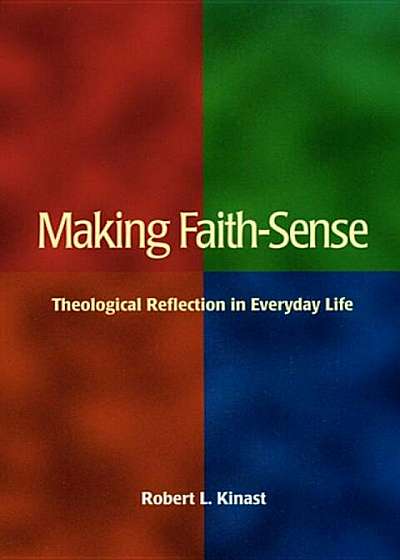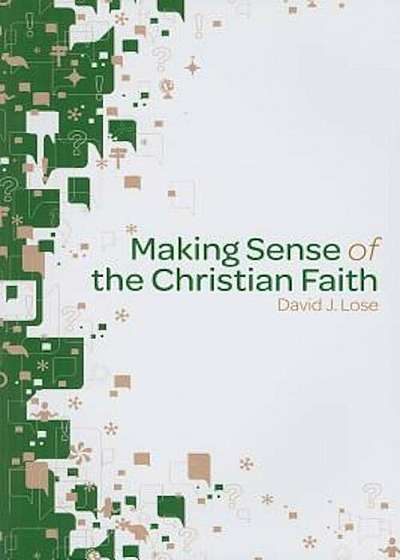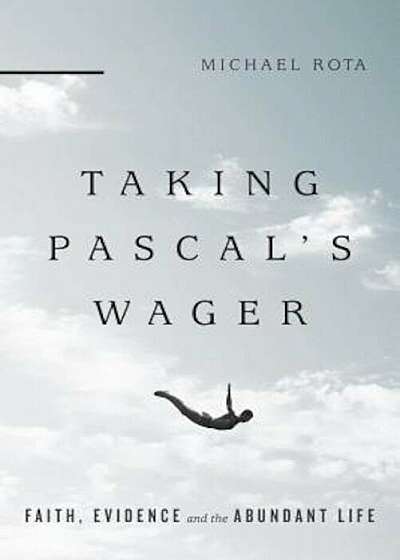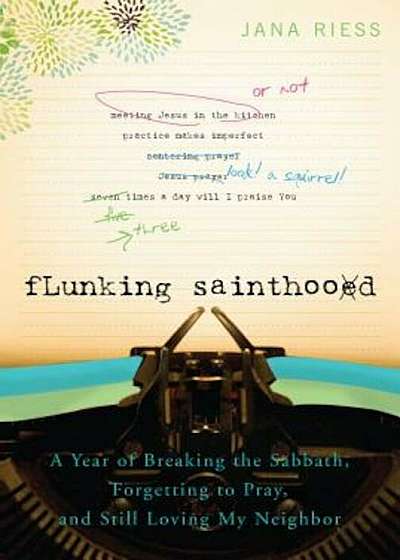
Making Faith-Sense: Theological Reflection in Everyday Life, Paperback
Descriere
Making faith-sense is a new term for an ancient practice. It is what the early Christians called mystical or wisdom theology: understanding life in the light of God's participation recorded in the Gospels, recognizing the signs of God's presence in everyday events and shaping one's life accordingly. In Making Faith-Sense, Robert Kinast shows al who seek to unify their life experience around their belief in God how to follow that ancient practice. Drawing upon the award-winning process he has used with students for the ministry, Father Kinast explains how to make sense of family, work, and cultural experience from the perspective of Christian faith. Each chapter contains numerous real-life examples and practical guidelines that can be used privately or with a group. Making Faith-Sense begins with a discussion of wisdom theology and its revival in modern times, highlighting the turn to experience`` that characterizes feminist, liberation, and inculturated theologies. The methods for making faith-sense embrace three main components: experience, reflection, and action. The first section describes what is meant by experience, the value of narrating it, how to analyze it, and what to pay attention to so that experience will reveal its theological meaning. The second section explains the role of reflection, its similarity to prayer, techniques for connecting experience to theological tradition, and the most useful theological resources for making faith-sense. The third section affirms the importance of putting reflection into practice, of ensuring that action flows from reflection, of planning and evaluating the effect of one's practice, and of using practice as the starting point for continuing the process of making faith-sense. Examples from work, family, and cultural life are used throughout to provide illustrations of these general points. A concluding chapter summarizes the reemergence of practical theology since the 1980s as an effort of church communities to make fa





